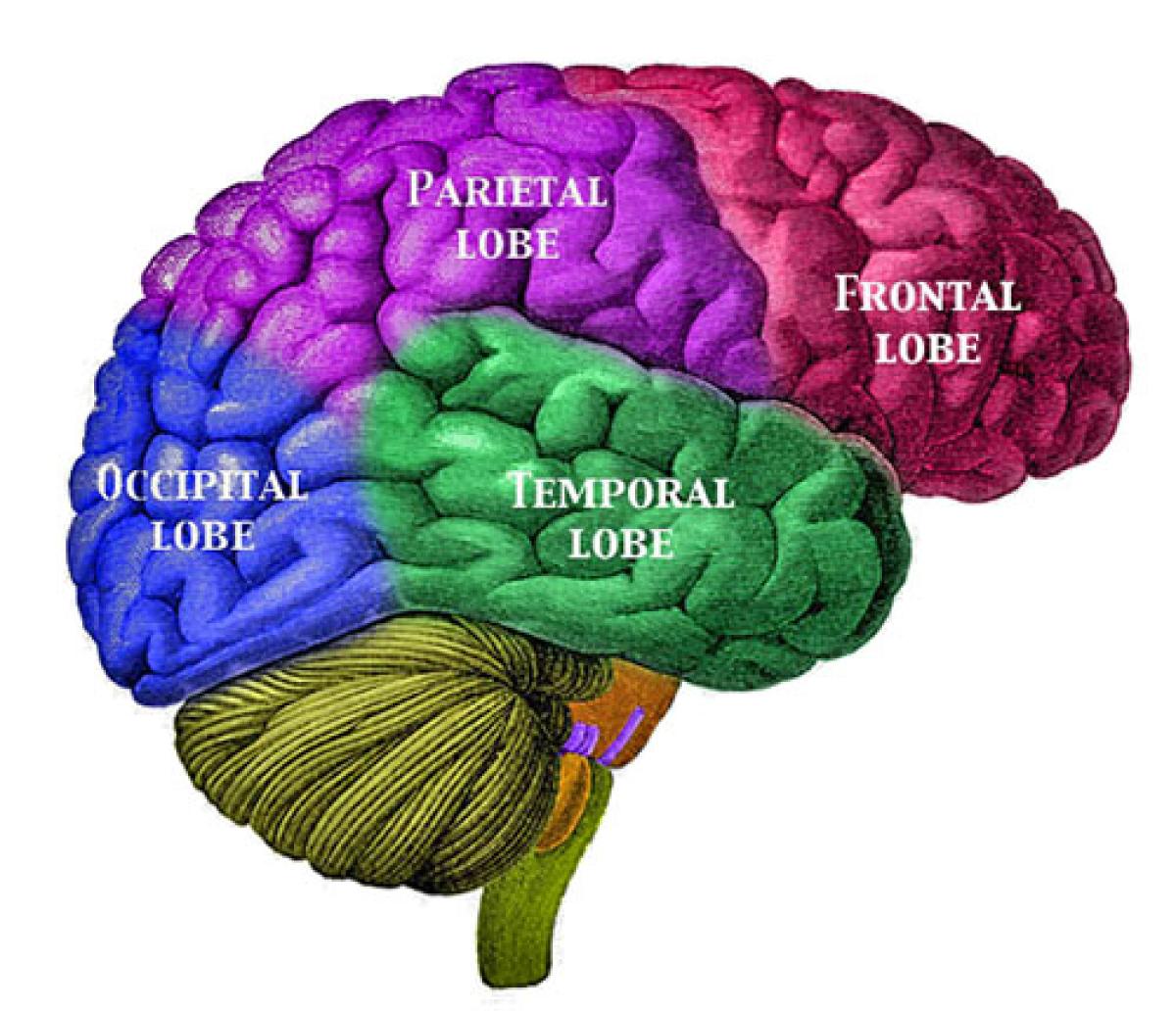The Flavor Experience: Integration by the Brain
A message of taste moves from the taste buds in the tongue to the brain through cranial nerves. The signal is first received by areas in the brainstem, which connects the spinal cord with the rest of the brain. The signal then moves to the thalamus in the brain. Finally, the thalamus passes the signal onto a special area in the frontal lobe of the cerebral cortex, the gustatory cortex, where the taste signal is interpreted. The signal from the taste buds in the tongue to the brain moves between nerve cells through the release of special chemicals called neurotransmitters.

Smell from odor receptors in the nose also have a direct connection to the brain. The odor signal travels to the primary olfactory cortex, or the smell center of the brain. The taste and odor signals meet, and produce the perception of flavor. Once our brains are aware of the flavor, a reaction is produced. We either accept or reject the food because we either enjoy it or not.
There are other reactions to food that don’t involve processing by the brain. Has food every been so spicy it made you cry, or your nose drip? In addition to the nerves that carry signals from the taste receptors to the brain, there are other nerves that carry the signal from the taste receptor cells to the nasal cavity and to tear-producing glands near the eyes.
Additional images via Wikimedia Commons. Brain lobes by Camazine.
Read more about: How Do We Sense Taste?
Bibliographic details:
- Article: Taste In the Brain
- Author(s): Dr. Biology
- Publisher: Arizona State University School of Life Sciences Ask A Biologist
- Site name: ASU - Ask A Biologist
- Date published: 6 Oct, 2017
- Date accessed:
- Link: https://askabiologist.asu.edu/taste-brain
APA Style
Dr. Biology. (Fri, 10/06/2017 - 10:35). Taste In the Brain. ASU - Ask A Biologist. Retrieved from https://askabiologist.asu.edu/taste-brain
Chicago Manual of Style
Dr. Biology. "Taste In the Brain". ASU - Ask A Biologist. 06 Oct 2017. https://askabiologist.asu.edu/taste-brain
Dr. Biology. "Taste In the Brain". ASU - Ask A Biologist. 06 Oct 2017. ASU - Ask A Biologist, Web. https://askabiologist.asu.edu/taste-brain
MLA 2017 Style

Some parts of taste and smell are processed separately in different parts of the brain, but our understanding of flavor is based on a combination of these senses and others.
Be Part of
Ask A Biologist
By volunteering, or simply sending us feedback on the site. Scientists, teachers, writers, illustrators, and translators are all important to the program. If you are interested in helping with the website we have a Volunteers page to get the process started.

